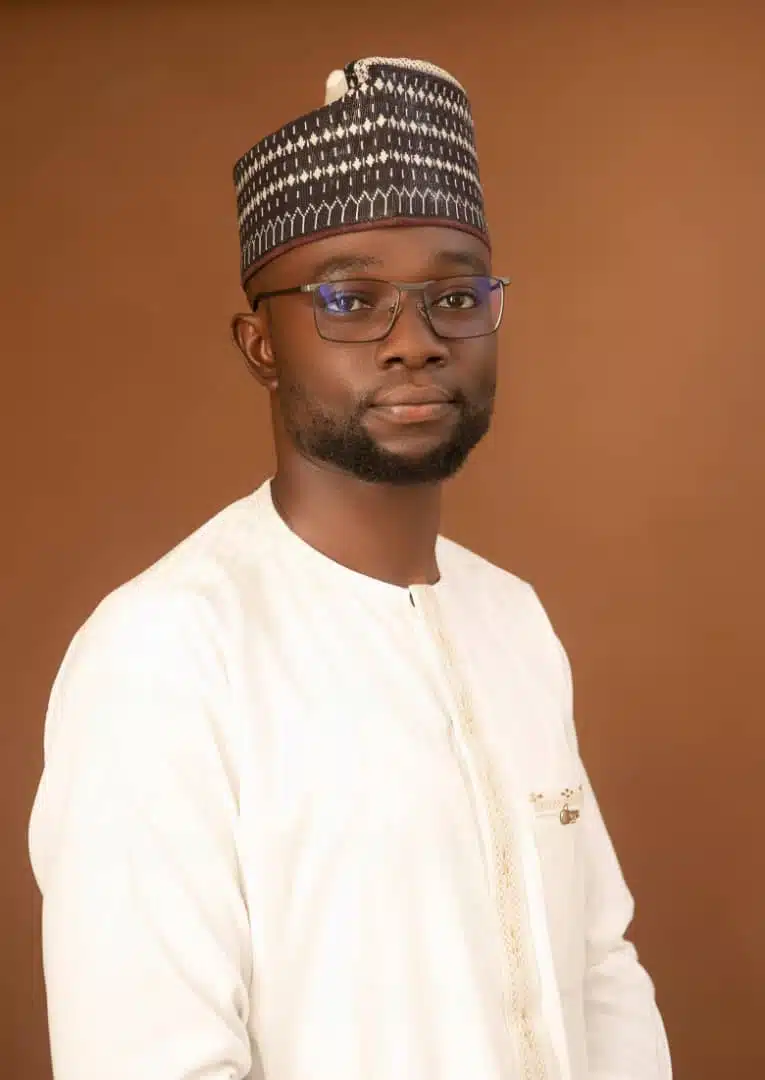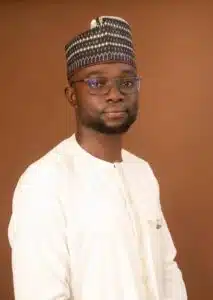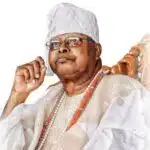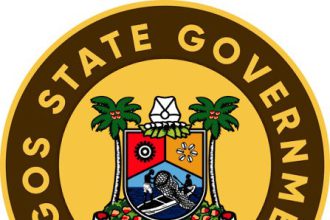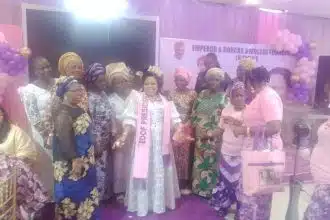As deadly attacks persist in Plateau State, Retired Captain Gidado Luqman has urged both the Nigerian military and the Plateau State Government to stop trading blame and instead unite to tackle what he describes as a growing humanitarian and security emergency.
In a telephone interview on Inside Scoop, a radio programme on Adamimogo 105.1FM, Ibadan, Lukman, a retired captain, called for urgent collaboration between security agencies and state actors, warning that the ongoing friction is distracting from the core issue: stopping the killings.
“Let’s stop the blame game.Everyone needs to take responsibility. What the people need is protection, not press statements.” He said.
His warning follows increasing criticism of the military’s performance in the region. Recently, the Plateau State Government accused troops of negligence in responding to attacks in Mangu and other parts of the state. But Lukman argued that such accusations often come from places of grief and desperation.
“Nobody is happy about these killings, but we must also understand that some of the people speaking don’t know what war looks like. The Nigerian Army is doing the best it can under the circumstances.”
He noted further that military personnel are overstretched, with operations ongoing across various flashpoints nationwide from terrorism in the North East to banditry in the North West and unrest in the South East.
“Plateau is not the only crisis zone. We’re dealing with multiple threats across the country,” Lukman explained.
Security Is a Collective Responsibility
The retired captain called for a return to the drawing board, suggesting that the current top-down approach to security operations in Plateau is failing to address root causes.
“What we need is proper intelligence gathering, community involvement, and a tailored security plan for the region. Military presence alone will not resolve this if the people themselves don’t trust the system or support the operations.” he said.
He added that consistent tension between elected officials and security agencies only weakens public morale and emboldens criminal elements.
“Once the public sees division between government and the military, it opens a gap for violence to thrive. Unity is the first line of defense.”
Luqman also cautioned politicians and community leaders to avoid using incendiary language that could further inflame divisions, especially in a state with deep-seated ethno-religious fault lines.
“Plateau State is fragile. This is not the time to incite or provoke. We’ve seen in history how quickly things can spiral,” he warned.
Luqman’s comments come as security forces face renewed pressure to curb escalating violence in rural parts of Plateau State. In recent weeks, dozens of lives have been lost in coordinated attacks suspected to be carried out by armed herders and militias. Villages have been razed, farmlands destroyed, and thousands displaced.
Despite public outrage, many residents say they feel abandoned by both the state and federal governments but Luqman insists that progress is possible, if stakeholders are willing to work together.
Captain Luqman Gidado is a distinguished professional with an extensive background in academia, military service, and leadership. He is currently pursuing a Doctor of Philosophy (Ph.D.) in Security and Strategic Studies to further strengthening his expertise. With an unblemished service in the Nigerian Army, he earned prestigious military decorations, including the General Operations Medal, the Golden Jubilee Medal, and the Centenary Medal, in recognition of his participation in several combat operations and commitment to safeguarding Nigeria’s territorial integrity of Nigeria. He is a consultant, security and risk management expert, researcher, and certified protector.
He is Professional Member of the International Institute of Professional Security.


